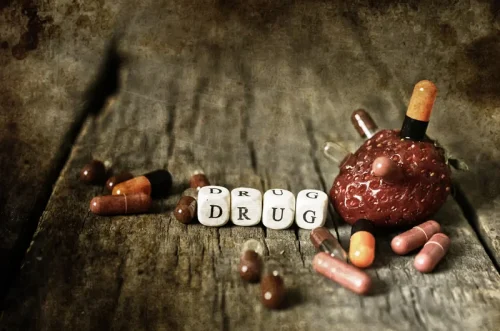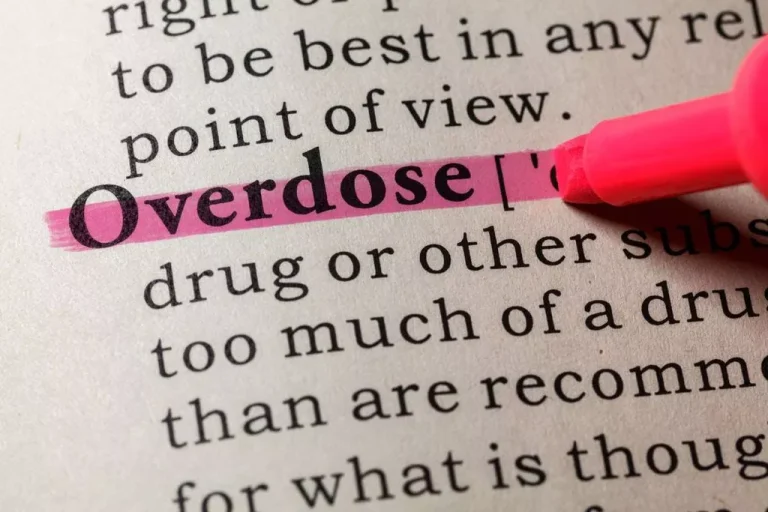
Creating a supportive and positive environment is crucial for relapse prevention, especially for family-centered approaches. This includes creating an atmosphere that promotes sobriety rather than addiction, where the loved one feels secure, positive, and hopeful. It involves establishing a safe space where the person in recovery can be heard and understood, without judgment https://ecosoberhouse.com/article/15-benefits-of-the-alcohol-free-lifestyle/ or criticism. I, _______________________, commit to using this relapse prevention plan to support my recovery journey. I understand that recovery is a process, not a destination, and I am committed to doing the work necessary to maintain my sobriety. Moreover, gathering as much valuable and rare information as possible can help identify triggers that may lead to relapses.
Manage withdrawal symptoms
- As time passes, it may be important to revisit your relapse prevention plan.
- However, if you have a solid plan to confront such cravings, a relapse won’t be on the radar.
- It happens in definable, recognizable and preventable stages with telltale emotional patterns and other indicators.
- Some people find that certain smells, music, or even words trigger them to think about drinking.
A relapse prevention plan is a strategy that helps individuals recovering from addiction to anticipate and avoid triggers that could lead to a return to substance use. A supportive environment helps to motivate the loved one in recovery by rewarding their progress and providing encouragement even in difficult times. The presence of family members who care about their well-being alcohol relapse statistics empowers them to stay on track with their goals. This process involves identifying the positive qualities and skills that members of the family possess, such as good communication skills, empathy, or problem-solving abilities. By leveraging these strengths, families can create a supportive environment that promotes healthy coping strategies and reduces triggers for relapse.
- The program teaches individuals how to anticipate and cope with potential relapse.
- They can help identify and treat any underlying issues that could increase your risk of relapse.
- Therefore, during the recovery process, a person should focus on building healthy coping mechanisms for managing stress or relaxing.
- Emotional awareness encourages you to check in with yourself before taking action, reminding you to stay mindful of your current state.
- A family-centered approach to creating a relapse prevention plan involves everyone in the process and helps establish a support system.
- For some individuals, being around particular places, circumstances, or people may increase the likelihood of them returning to use.
The 3 Stages of Alcohol Recovery

Additionally, those who are socially isolated tend to have an increased risk of depression or exacerbate the symptoms of depression in those already struggling with it. Alcohol is one of the world’s most widely used and easily accessible substances in the world, and often, many places that you used to frequent can be a trigger for relapse. Or, when it comes to family members, speak to them about your sobriety and come up with ways to socialize that allow you to feel safe and supportive. This could look like taking up a hobby together such as running, yoga, cooking or joining a book club.

Growth Stage
In the second stage of recovery, the main task is to repair the damage caused by addiction [2]. Clinical experience has shown that this stage usually lasts 2 to 3 years. If you or a loved one are struggling with addiction, contact The Recovery Village today. Our trained professionals will help you find treatment options that best suit your needs.
- Convenient and confidential, Hazelden Betty Ford’s Connection program provides you and your loved ones with personalized, phone-based, addiction recovery coaching by professional recovery coaches.
- If one person likes to meditate and walk in the park for stress relief and grounding, those can and should be used for preventing relapse.
- A complete list of Toolkit authors, editors and contributors is available here.
Be the first to comment on "Relapse Prevention Plan: Strategies and Techniques for Addiction"